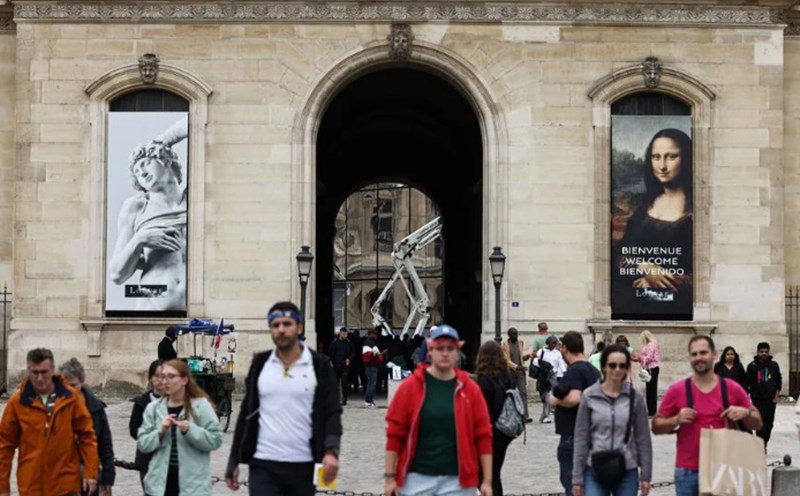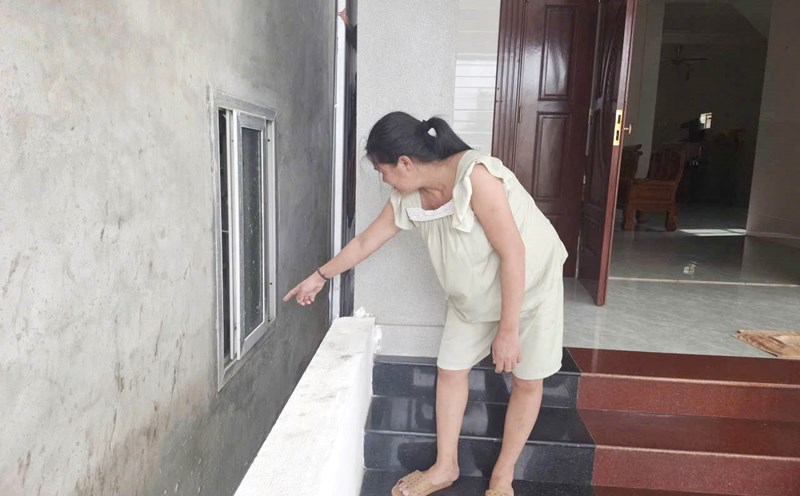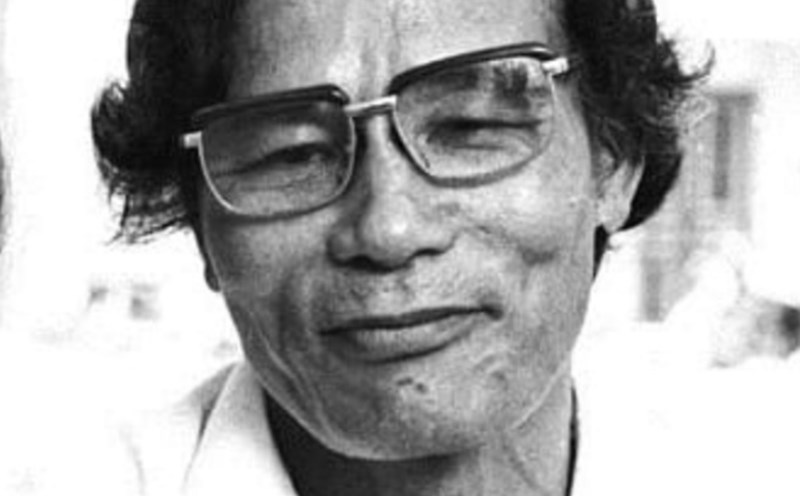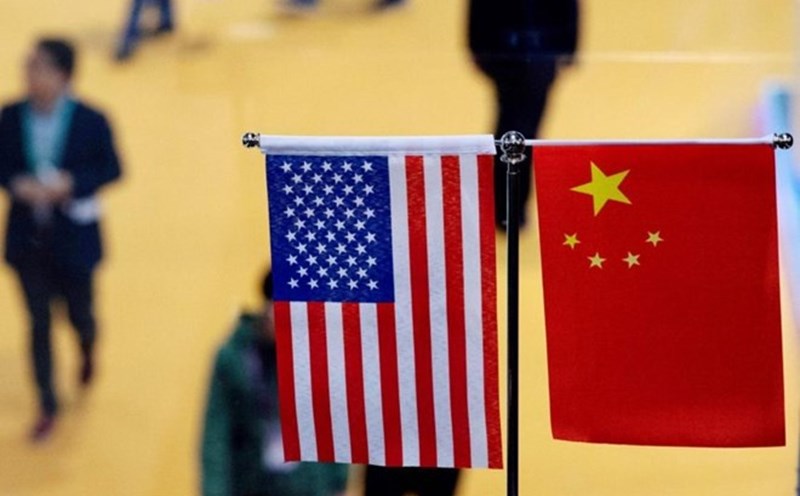At around 7:00 p.m. on October 10, a tourist posted on social media about being harassed in the Hoan Kiem Lake area (Hanoi). According to the reflection, when she and her friend rested on a wooden chair near Dong Kinh Nghia Thuc Square, a street vendor approached, suddenly sat next to her and acted inappropriately. When asked to stop, this person cursed and threatened to assault the two girls.
Previously, Lao Dong Newspaper reported that many street vendors blatantly encroached on the Thang Long Boulevard service road, posing a potential risk to traffic safety and causing frustration for people.
Every day, thousands of street vendors come to Hanoi with all kinds of items from souvenirs to household items, especially snacks.

According to experts, street vendors are a long-standing feature of the life of the people of the capital. From a tourism perspective, this is also considered a typical product, attracting international tourists. However, the management of food safety and origin of goods is still lax, mainly based on sellers' self-awareness.
Therefore, the quality of goods is difficult to control, posing a potential risk to food safety, especially for food items. If not well managed, this activity can negatively impact the tourism image of the capital, even directly affecting the health of consumers.
Meanwhile, every day, Hanoi (especially the central area) welcomes thousands of domestic and foreign visitors, and in parallel, there is a team of street vendors operating everywhere. Difficulty in controlling food safety causes a great risk of consequences, especially when some people, for profit, can use poor quality ingredients, affecting the health and even the lives of consumers.

Ms. Dinh Thi Hanh (Hang Khoai Street, Hanoi) said: "Fod items are transported everywhere, buyers mainly believe in acquaintances, or believe in the seller's "guarantee". But who can be sure that the dishes sold on the sidewalk or at street vendors all meet food hygiene and safety standards?
If the quality of goods is well managed, while promoting awareness and education of professional ethics for street vendors, this can become a unique feature in the Hanoi tourism picture. Not only street vendors, but even in traditional markets, tightening food safety management is an urgent requirement.
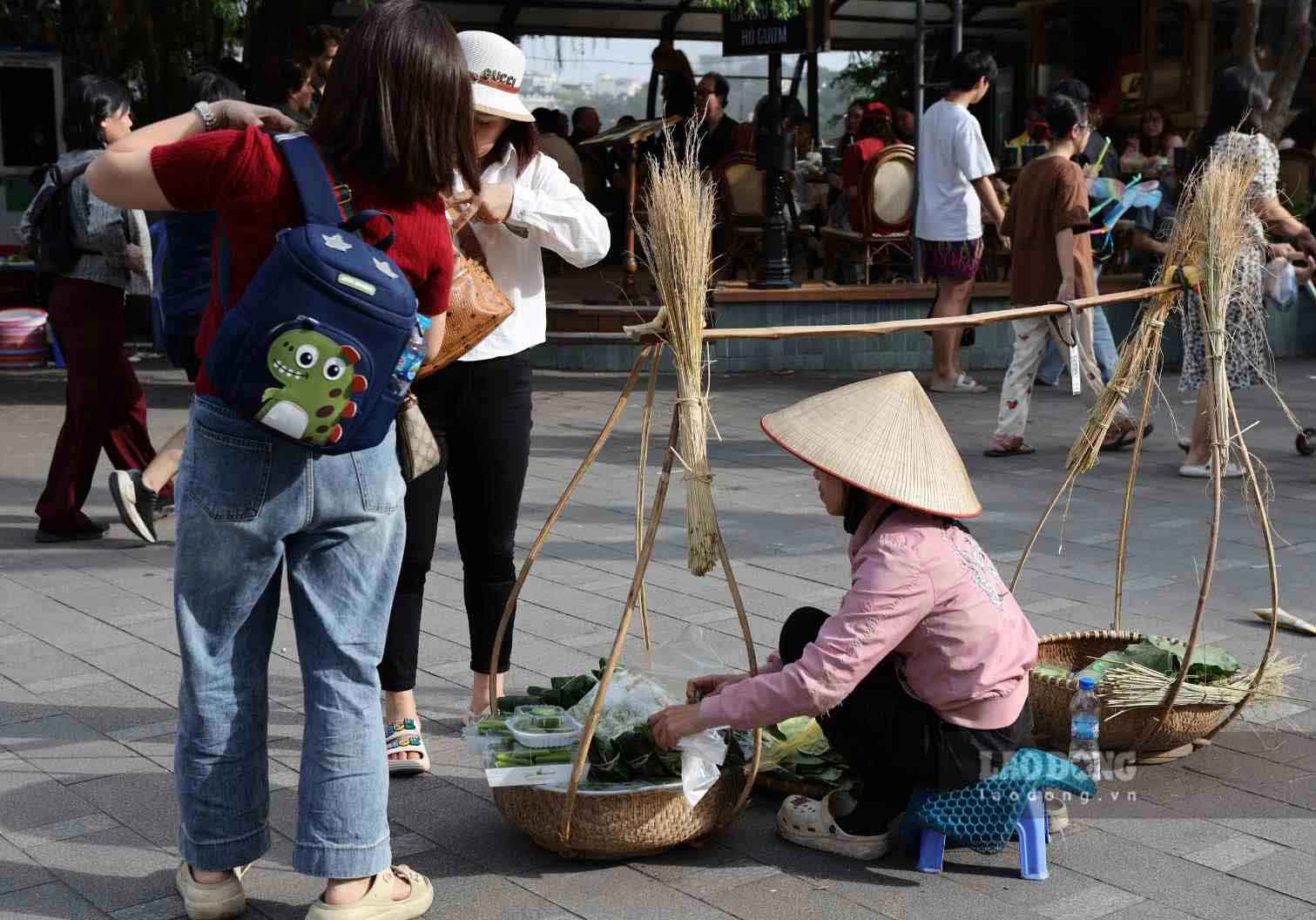
Talking to a reporter from Lao Dong Newspaper, journalist Nguyen Ngoc Tien (a person who has many years of research on Hanoi) said that Hanoi had implemented a model of street management on some central streets, but the results did not last long. Most of the street vendors are low-income people, carrying street vendors is the livelihood of the whole family. Although the City People's Committee and the authorities of the wards have issued documents to rectify urban order, prohibit encroachment on sidewalks, soliciting customers... this situation still recurs," said Mr. Tien.
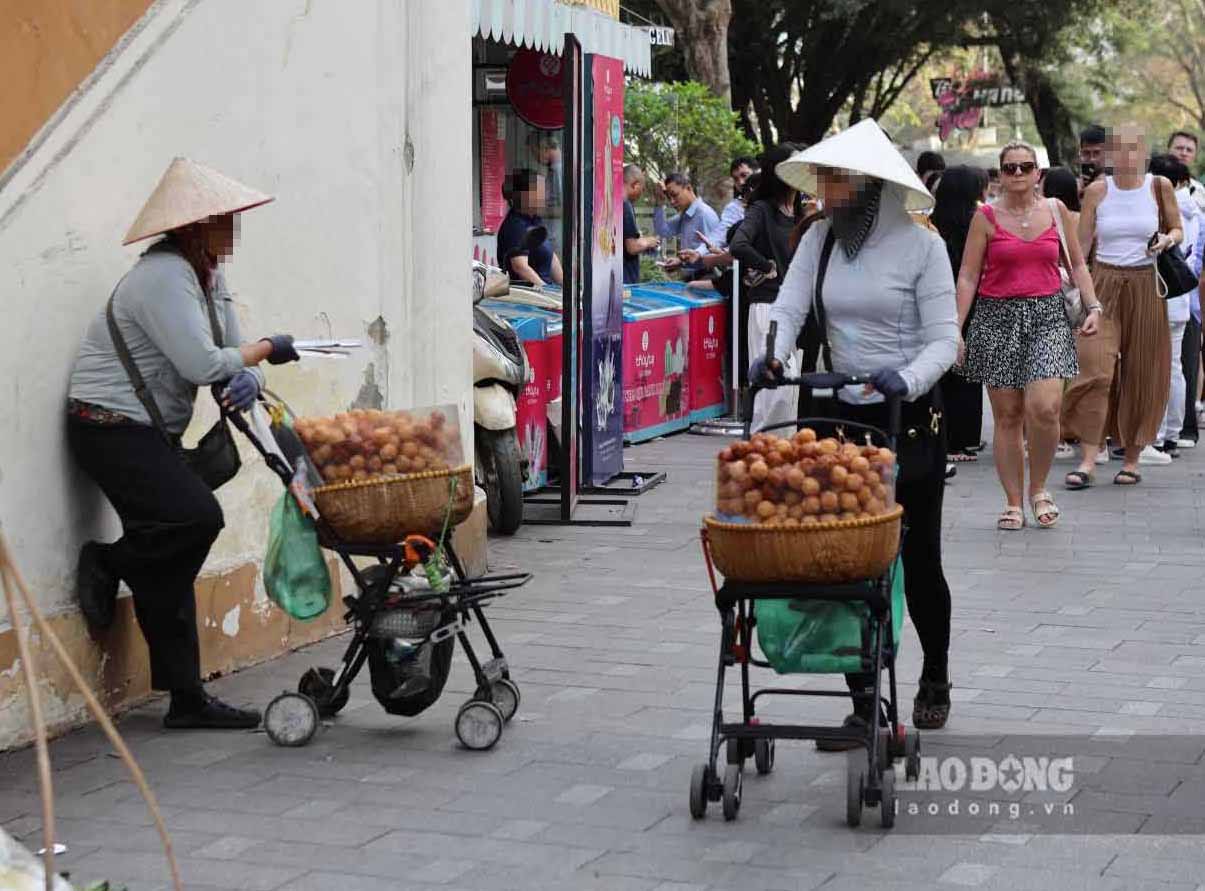
According to Mr. Tien, instead of just banning or eliminating, the authorities need to have more strict and humane management measures. Street vending not only affects urban aesthetics, social order, food safety and hygiene, but also poses a potential risk of trading in counterfeit, counterfeit, and poor quality goods.
"If implemented seriously and drastically, it can be completely managed effectively. However, it is necessary to recognize that most street vendors are poor people, people with no labor capacity, this is how they make a living. Therefore, it is necessary to consider planning concentrated areas for them to do business, both ensuring order and maintaining livelihoods for people, Mr. Tien proposed.



